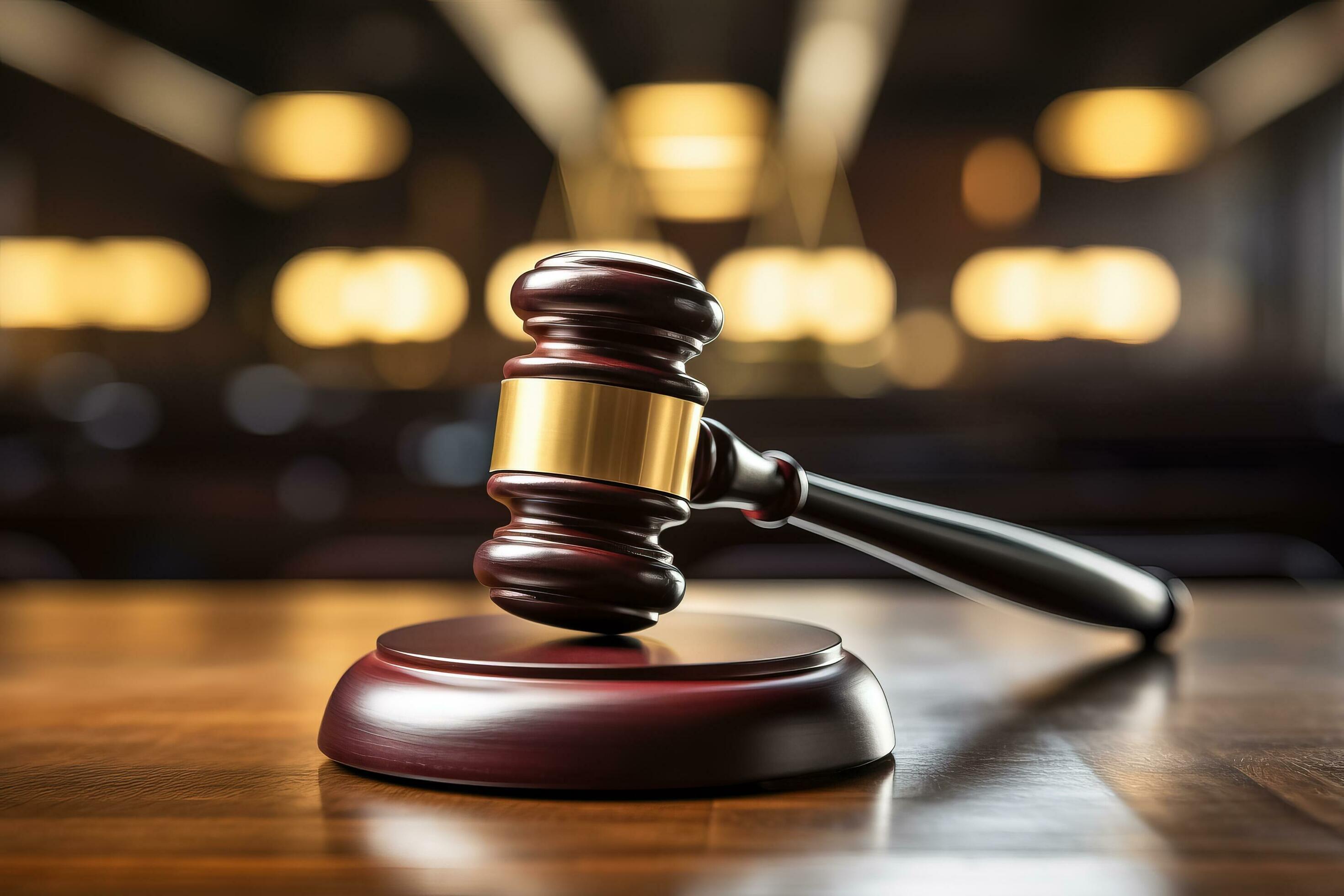 Court gavel./FILE
Court gavel./FILE
Mobile phone companies: Safaricom and Airtel will
not be required to pay musicians directly for their callback tunes.
This is after the High Court in Nairobi squashed a case by the Music Associations Alliance of Kenya (MAAK) chairman, Justus Ngemu and former teacher-cum-musician Saul Esikuri, Justice John Chigiti on Friday.
The two were seeking the court to compel the Kenya Copyright Board and the Cabinet Secretary for Gender, Culture and Arts to order mobile service providers to pay musicians directly for their callback tunes.
Declining the request, Justice John Chigiti said that Safaricom and Airtel were already paying the artistes despite there being no regulations or database.
He, however, directed that the board should have a database of all artists and their work.
Callback tunes, known as Skiza tunes on Safaricom and Hello tunes on Airtel, typically cost Sh1.50 daily for local and international tunes.
The daily subscription fee allows one to entertain their callers with their chosen tune.
The judge stated that if Safaricom and Airtel are to pay the musicians directly, there must be a way to identify them. He revoked the orders he had previously issued, which required the two mobile service providers to release all the frozen funds and continue paying the artists, as was the practice before the case was filed.
"This court notes that the Applicants have been beneficiaries of revenue through an arrangement with the premium rate service providers under Subsection 30(2), albeit without regulations. The Applicants are blowing hot and cold air at the same time,” said Justice Chigiti.
In this case, the two argued that the two telcos had continued paying Premium Rate Service Providers (PRSP), which are companies that offer services, content, or applications that are charged to a mobile phone user instead of musicians directly.
Ngemu and Asikuri said the Gender CS and the board had the powers to implement the law.
However, the two argued that the case should be dismissed as the artistes had admitted that they had met for consultations on how to best implement the law governing payments for callback tunes on several occasions.
Section 30 C of the Copyright Act No. 12 of 2001 addresses the payment of ring-back tune revenue. This was introduced through the Copyright (Amendment) Act No.14 of 2022, which was passed by Parliament in February 2022 and signed into law by the President in April 2022.
According to the section, an artist or copyright holder gets 52 per cent, while telcos get 39.5 per cent.













